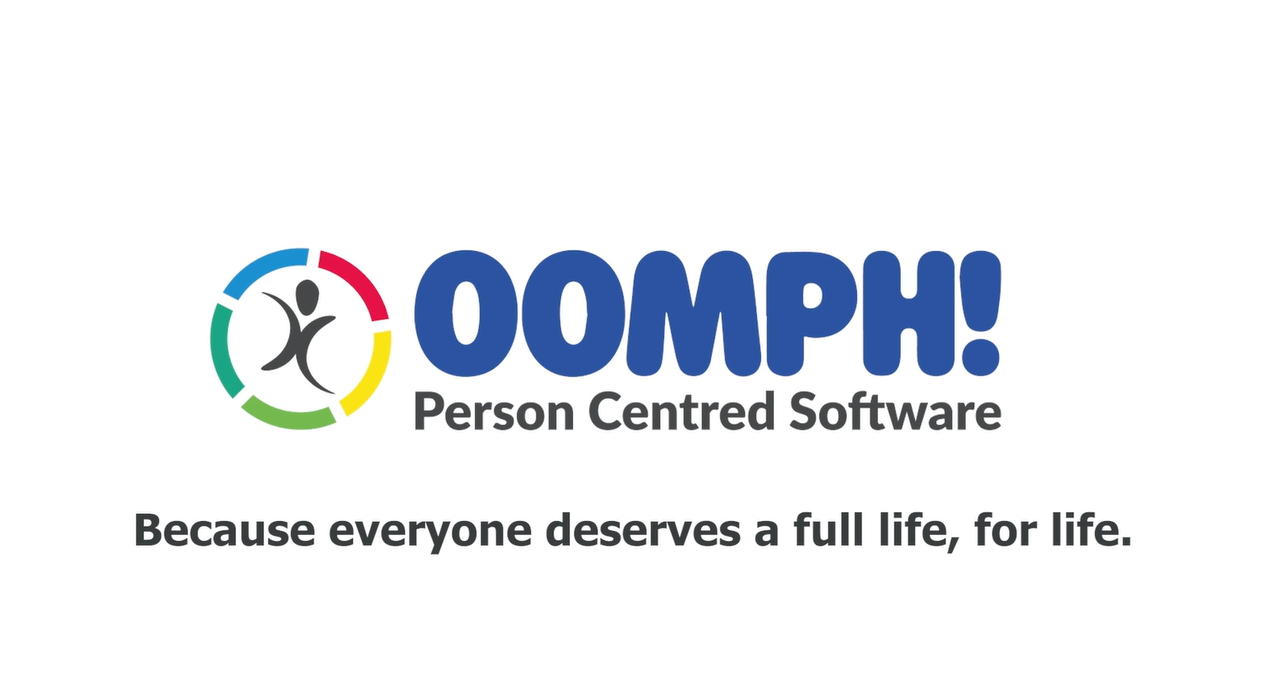Person-centred care is not just about residents, it’s about staff too. So, here are some ideas on how to ensure you retain yours.
The question of how to retain care home staff is an extremely important one in health and social care because having the right people in place and retaining them enables care homes to maintain a high standard of consistent care for the residents you look after, maintain a positive environment for staff to preserve a positive team dynamic and, because of the financial challenges facing the industry in recent years, allows you to avoid unnecessary and costly recruitment processes.
The question of how to retain care home staff is an extremely important one in health and social care because having the right people in place and retaining them enables care homes to maintain a higher standard of consistent care for residents and maintain a positive environment for staff to preserve a positive team dynamic. Furthermore, due to the financial challenges facing the industry, it allows your care organisation to avoid unnecessary and costly recruitment processes.
When it comes to cost especially, it pays to invest in the staff you have, because no matter how much it might cost to implement changes in retention strategies, such as improving benefits or increasing incentives and salaries, it will almost always cost more in the short and long term to recruit new staff.
Just like there is no one single overriding problem that is causing the staffing issues seen over recent years - for example, the Covid-19 pandemic and now the cost-of-living crisis, both of which are putting considerable strain on many care homes and the industry as a whole - there is no one solution either. Caring for the most vulnerable members of our society is as rewarding as it is demanding, and this can lead to staff burnout as well as high turnover rates if they are not getting the support they need.
So, how can you ensure that you retain your care home staff? In this blog, we’ll discuss some ideas you can implement to ensure your workforce feels supported and valued.
The first step of retention is recruitment
Having a good strategy of how to recruit staff in the first place is a crucial component of staff retention because it means you can ensure you’re more likely to recruit people with the right values, motivations and career goals. It means that if you have the right staff in post, you are less likely to have to recruit for a second or third time, incurring unnecessary costs along the way.
From the outset of the process, it’s important to communicate with applicants about the progress of their application. Not only does this mean they are more likely to remain engaged with the process, but it can help to build a positive relationship from the beginning. Recruiting based on values is a crucial strategy for the care industry because it provides a means of getting to know people based on their passions, interests, motivations and whether or not they would be a good fit for your home or the wider care industry.
- Employee referral schemes
- Develop a defined workplace culture and then map these into job adverts to be able to select from a pool of applicants that you know will share your values and behaviours – this also helps speed up expedite the process while ensuring the right people are recruited.
- Provide mentorship for new staff members as soon as they arrive, so they have clear advice and support from day one.
- Review interview methods to see if they are boosting retainment and bringing in the right skills, values and attributes to the team.
- Encourage people to discover more about social care by having open days for different community groups. This way, you might attract the type of person who would be an excellent fit for social care but may not have considered it as a career.
Benefits and incentives
Where possible, it’s important to try to make sure there are no practical barriers to working in the social care sector. Even for the most dedicated or enthusiastic members of staff, responsibilities outside of work can sometimes present their own challenges, so it’s important, in so far as it is possible, to provide benefits and incentives to staff to retain staff.
Some ideas include:
- Flexible working where possible and practical, but also guaranteed working hours
- Improve and ensure staff utilise benefits such as annual leave and sick leave
- Childcare vouchers
- Free meals for staff
- Involving staff in the development of shift patterns and rotas so everyone is on the same page when it comes to working hours
- In so far as it is possible, conduct regular salary reviews
- Recognition of skills and achievements
Ensuring staff wellbeing
Providing person-centred care to those living in care homes is a very demanding job, and it is all too easy for care staff to feel the kinds of stress and pressure that come with it. That is why it is crucial to ensure that physical and mental wellbeing is supported. Not only will this improve staff retention, morale and wellbeing, but it will contribute to a reduction in sickness absences too. If staff feel supported, they're able to provide better care and support to those they care for.
Ideas to ensure staff wellbeing include:
- Ensure that leadership in a care setting is visible and approachable by encouraging staff to openly share their concerns with management and the rest of their team - this helps create an open and honest environment where everyone is involved in continuously improving wellbeing.
- Put wellbeing at the centre of your thinking when developing a framework for the culture of your organisation
- Consider the use of a wellbeing champion who can support the mental health of colleagues
- Include care staff in the discussions around what can be done to ensure a high level of mental health support
Workplace culture
Investing in a good workplace culture that values the workforce and promotes positive and inclusive leadership, values, and behaviours is an important step to ensure high retention rates among care home staff. To put it simply, if people like what they do and where they do it, they’re far less likely to leave. And if problems exist, they want to fix them, not walk away from them.
A positive and open environment also means providing an environment of fair accountability and not one of blame, where staff can feel empowered to discuss issues they might be having and ways to improve care provision. This, ultimately, means that a positive workplace culture can contribute to greater outcomes for the wellbeing of residents.
Some ideas to promote a positive workplace culture include:
- Consult staff on the culture of your organisation and what values it should embody. This can be achieved through engagement methods such as all-staff meetings, anonymised staff surveys, and feedback taken by line managers through open discussion and team days.
- If you haven’t already, consider developing a staff handbook or webpage that outlines the workplace culture, the core beliefs and the values and behaviours expected of everyone, whether they are care staff or group managers.
- Ensure that the values, attitudes and behaviours of the organisation are rooted in policies and processes such as but not limited to those mentioned above (recruitment, wellbeing, benefits).
- Maintain these core principles and values of a positive workplace culture by conducting regular staff feedback and communication to see where things can be evolved and improved.
- Exit interviews or feedback from staff leaving the organisation to encourage a culture of constant improvement and learning.
Career development and training
One of the key principles of embarking on a successful and fulfilling career is the assurance of development and opportunities for progression, and the care industry should be no different. In order to retain your staff, you need to foster an environment in which they can develop their current skills as well as learn new skills so that they can perform their current tasks as effectively as possible but also prepare them to move into new positions. If staff know that they have the chance to upskill and develop, then they might be more likely to see caring for older adults as a long-term career choice.
Ideas for career development and training include:
- Holding induction sessions, appraisals, one-on-one meetings and reflections on past work to understand what staff are looking for in their careers
- Providing flexible learning opportunities for staff to gain new skills and qualifications
- Offer mentoring support as well as a visual career pathway
Oomph! Wellbeing & Activities Training for staff
If you’re looking for support and ways to develop in your career, whether you are a member of care staff or a manager, then our training platform enables you to gain expertise and knowledge in a number of different areas pertaining to resident wellbeing.
The training can be face-to-face, interactive or self-led, but ultimately, it provides a platform for learning, development and progression in a format that suits you.
The training provided comes in a number of course bundles, which are:
-
Wellness Essentials Bundle
-
The Exercise Bundle
-
The Leadership Bundle
-
The Creativity Bundle
-
Create Your Own Bundle
These courses and other sessions on how to use Person Centred Software’s Connected Care Platform are all included in PCS LEARN, our learning platform that supports everybody’s goals and puts them in control of their learning journey.
Just click here to find out more about the bundles available with our wellbeing and activities training platform.






